#Plastic
Discover the urgent problem of plastic pollution in Southeast Asia. Explore its devastating impact on the region’s environment, marine life, and communities. Learn about local initiatives and global efforts to combat this pressing issue. Join us in raising awareness and finding solutions to tackle plastic pollution in Southeast Asia today.
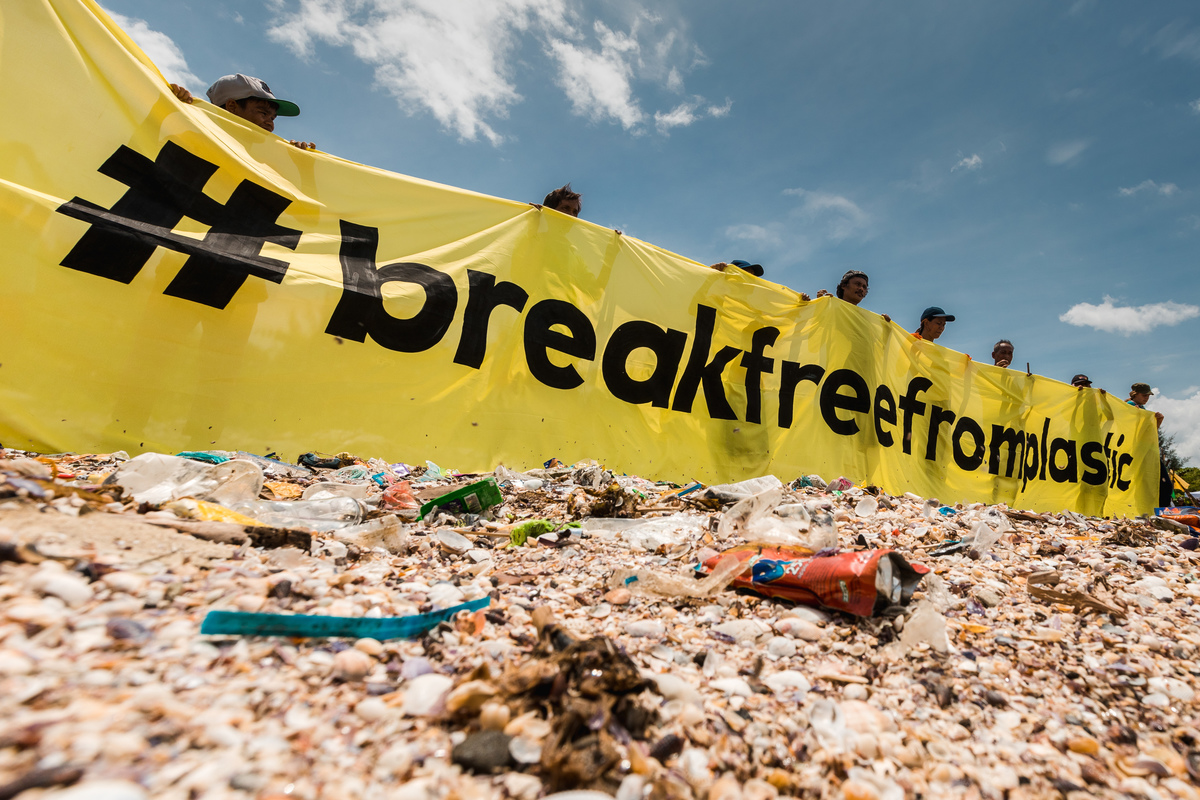
Things You Can Do
We want you to take action because together we’re strong.
-
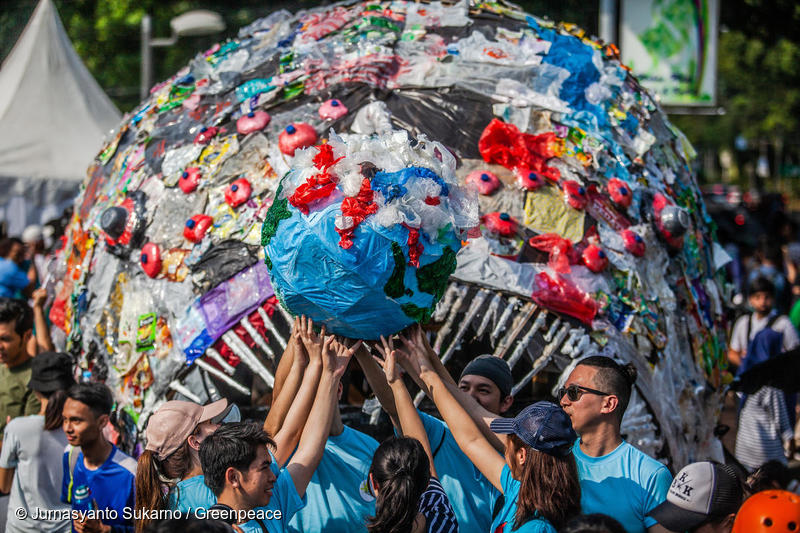
Stop plastic pollution!
Ask world leaders to support a strong global plastic treaty that addresses the whole life cycle of plastic.
-
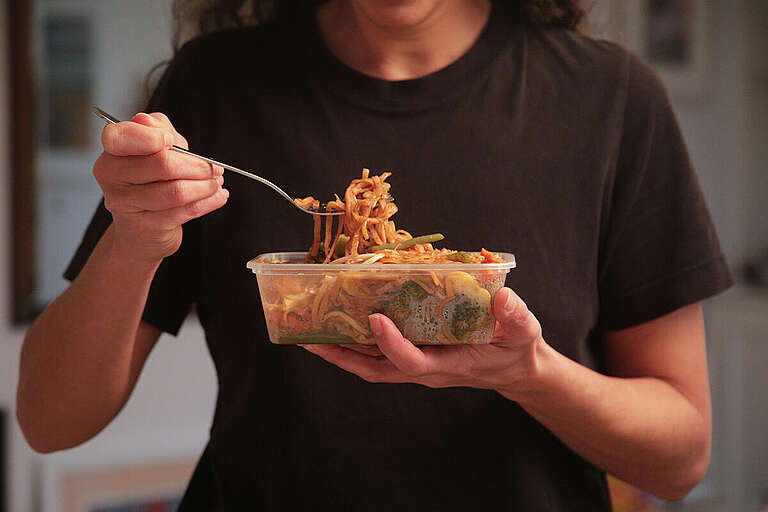
Reheating plastic food containers: what science says about microplastics and chemicals in ready meals
How often do you eat takeaway food? What about pre-prepared ready meals, or microwaving some leftovers you had in the fridge? Are there any potential downsides we need to be aware of? We decided to investigate.
-
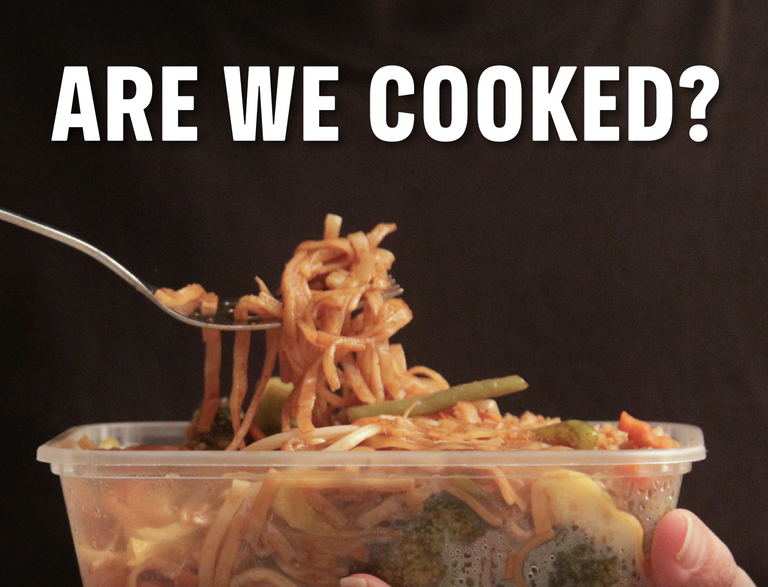
The Hidden Health Risks of Plastic-Packaged Ready Meals
Greenpeace International’s analysis of 24 research papers in peer-reviewed scientific journals found that the plastics we use to package our food are exposing us to health risks – and none more so than heated ready meals and takeaways.
-
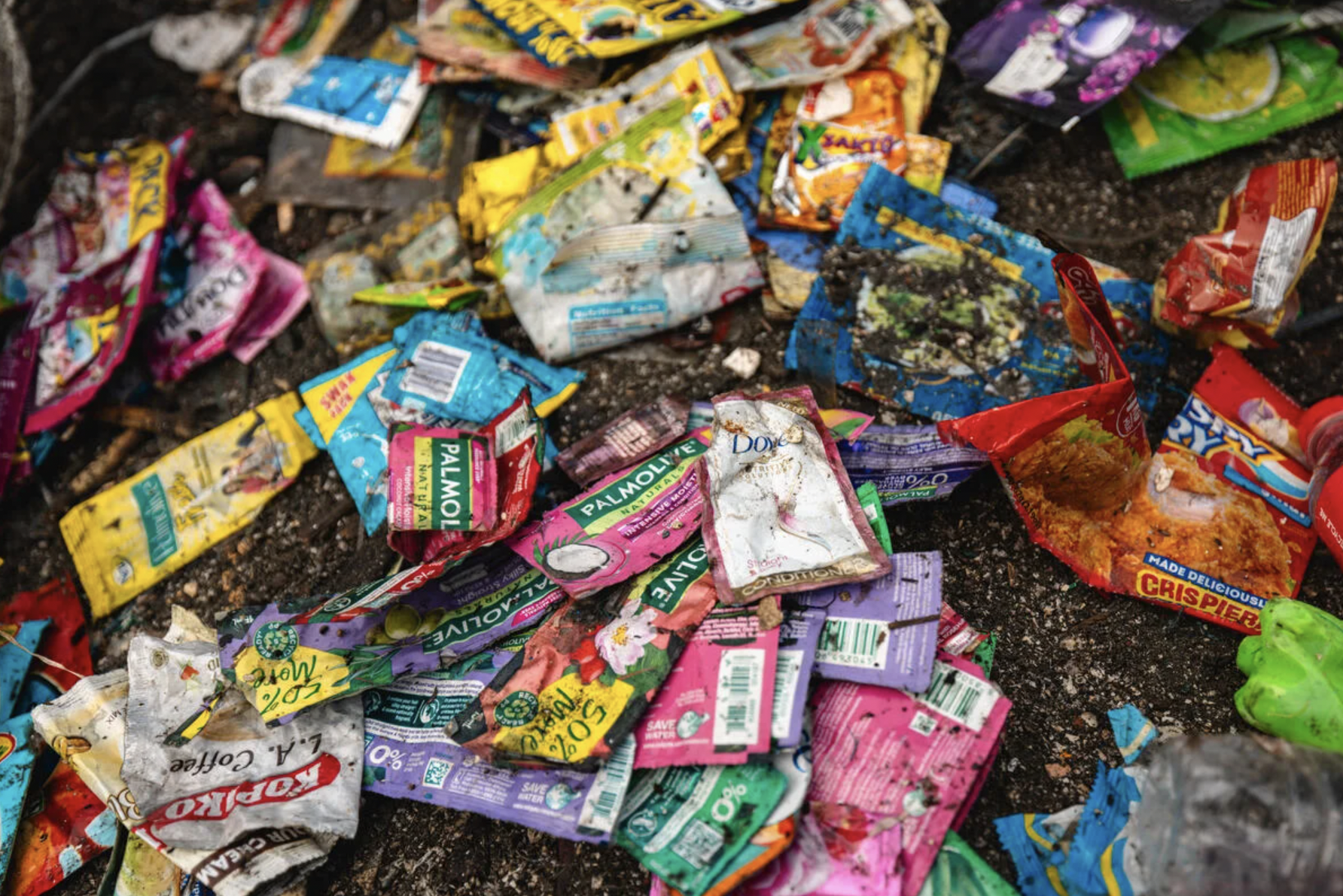
Reuse is working. It’s time for major brands like Unilever to help it grow.
Reuse at scale isn’t a distant ambition. It’s happening right now, despite the companies still profiting from the status quo.
-

The Hidden Health Risks of Plastic-Packaged Ready Meals
Greenpeace International’s analysis of 24 research papers in peer-reviewed scientific journals found that the plastics we use to package our food are exposing us to health risks – and none more so than heated ready meals and takeaways.
-
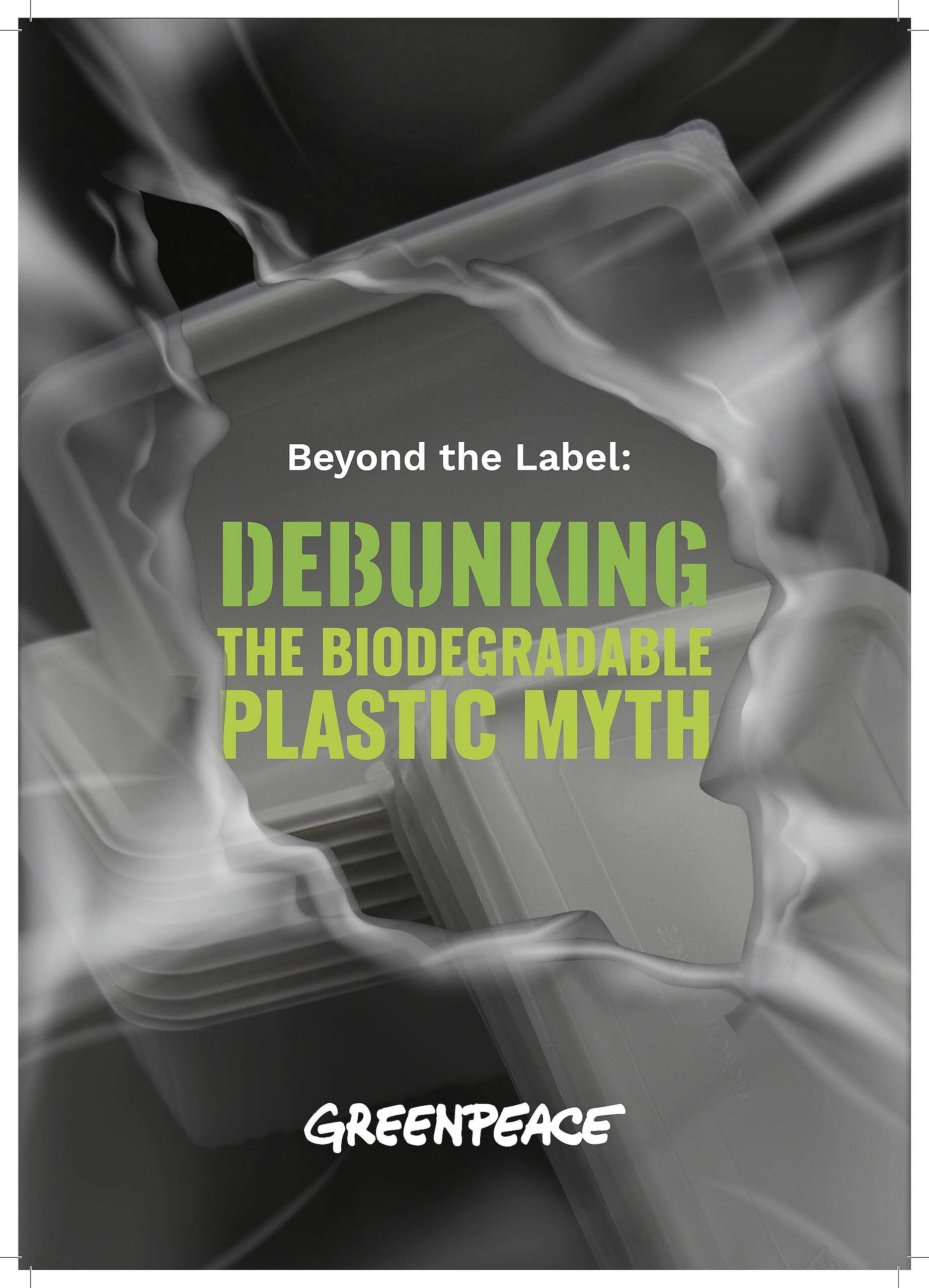
Beyond the Label: Debunking the Biodegradable Plastic Myth
Greenpeace Thailand’s report “Beyond the Label: Debunking the Biodegradable Plastic Myth” critically examines the real-world performance of biodegradable and bio-based plastic packaging widely marketed as eco-friendly.
-
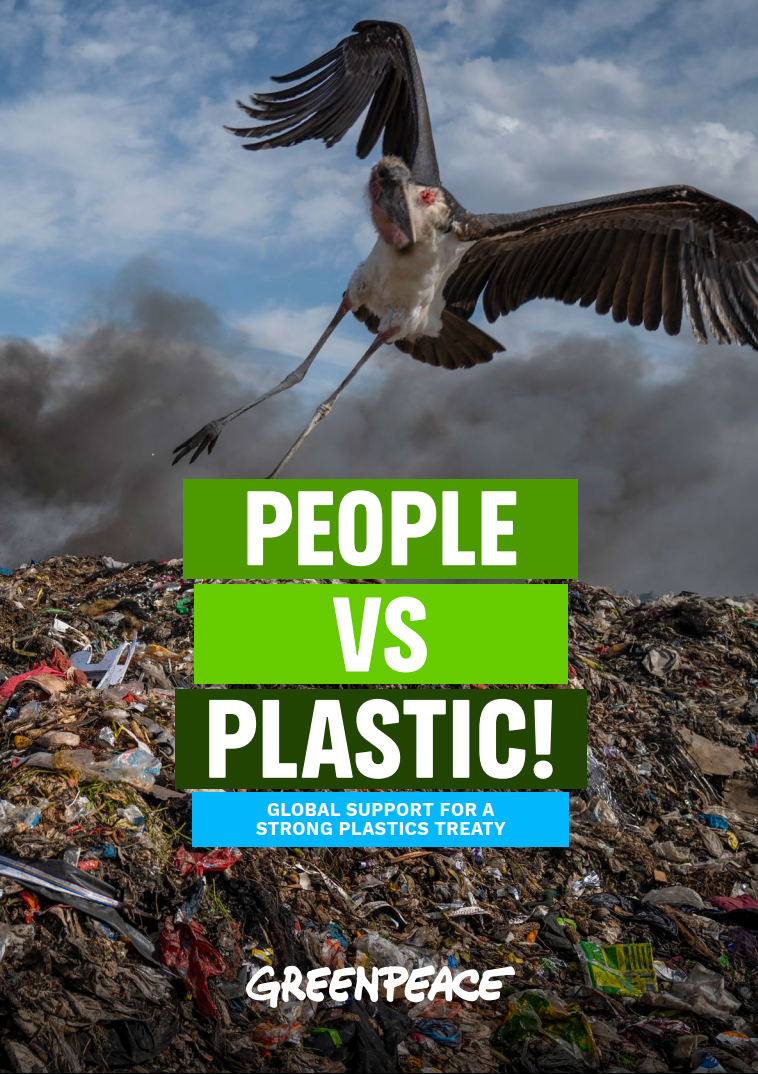
People Vs Plastic
The results of this survey demonstrate that there is overwhelming public support for the Global Plastics Treaty to cut plastic production, end single-use plastics and advance reuse-based solutions.
-
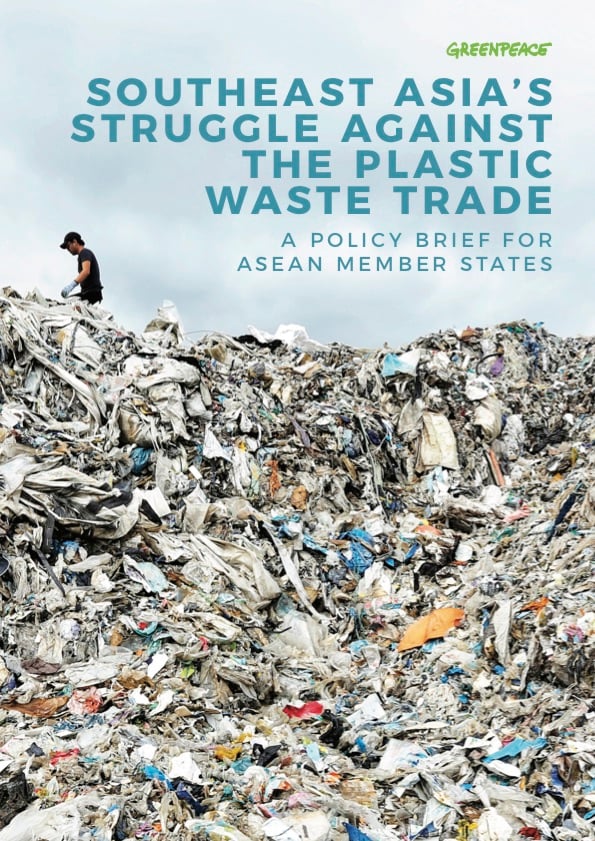
Policy Brief: Southeast Asia’s struggle against the plastic waste trade
As leaders from the 10 countries that make up the Association of Southeast Asian Nations (ASEAN) prepare to meet in Bangkok for the 34th ASEAN Summit this June, it is perhaps surprising to note that the issue of plastic waste imports does not currently feature on the three-day agenda. Indeed, the last year has seen…
